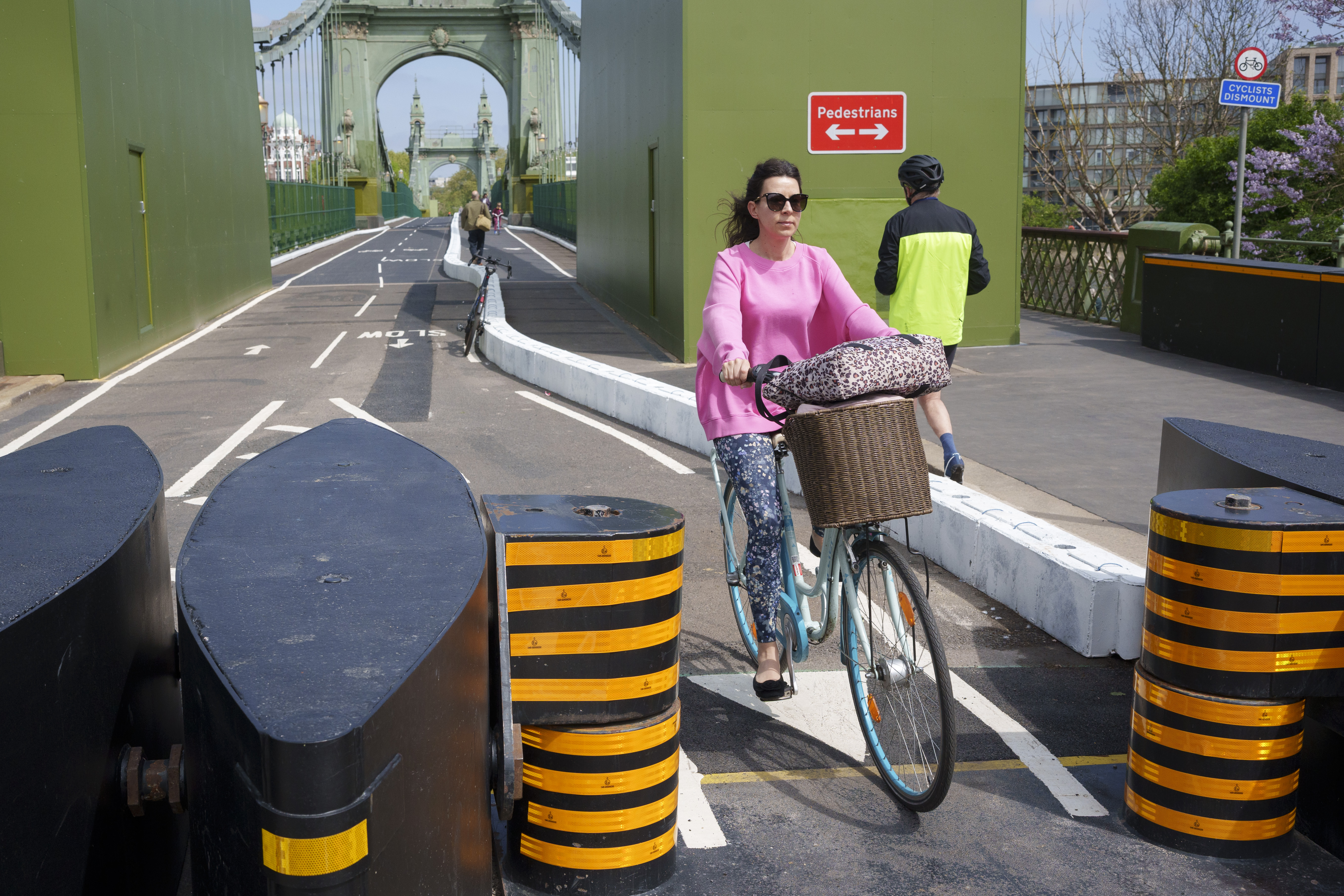Cyclists have a right to be angry about infrastructure, but it's not worth fuelling the culture war
A new study suggests that cycling projects can be undermined by online "toxic" debates over their merits


If you have ever cycled on the road, it's likely you'll have had a bad experience with a motorist. Whatever you do, however much care you take, whether you're festooned in high vis and have a helmet on or not, there might well be a close pass or an unnecessary overtake, something shouted at you, or just a bit of driving that makes you feel unsafe.
That's not to discourage anyone from cycling - cycling is obviously great, a fantastic method of transport, let alone exercise. It's a feat of emancipation. When I cycle, I feel free. In fact, read our guide on getting into cycling. It's just that this is the reality of being on two wheels in a world that is built for cars.
As cyclists, we are inherently vulnerable, and I don't think motorists appreciate this enough; inside their heavy metal cages they are cocooned from the world, while we have just our senses and normally a helmet to protect us, all too aware of the danger that lurks.
The biggest improvement to this situation is building infrastructure which means little interaction between cars and bike riders. Think of the road systems of The Netherlands, Belgium and Denmark, as opposed to the free-for-all which seems to be the norm in so many British and American cities. Here's a painted bike on the road, or if you're lucky a painted lane, good luck.
As a result, it is no wonder that it is a subject which raises pulses and provokes strong feelings - it does sometimes feel like a matter of life or death whether a segregated bike path is put in or not, or whether a road is closed to motor traffic. Passions are raised, in real life but also online. It's understandable, but it might not be productive.
Recent research, published in the Local Government Studies journal, found that almost one-third of interactions on social media with cyclists over new projects were seen as negative, which could put local politicians off engaging.
One councillor responding said: "Cycling campaigners are mostly counterproductive due to their rudeness." Another said that they "find it harder to advocate for more cycle infrastructure not because people don’t like it but because people feel that (from their impression from social media) that nothing we ever do will make cyclists happy".
The latest race content, interviews, features, reviews and expert buying guides, direct to your inbox!
Dr Alexander Nurse, the author of the study, wrote that "negative social media interactions from cyclists may be well-intentioned, but they ‘can massively undermine [cycling’s] case, particularly with sceptical councillors'".
The lesson appears to be that shouting at local politicians online is not the answer to improving cycling infrastructure - which is hardly a surprise. Instead, filling in consultations, pressing your case by email or in person, or through voting is more likely to change the system.
"While social media is a powerful tool, it doesn’t replace traditional methods when it comes to meaningful community engagement," Nurse told The Guardian.
"Interestingly, we also found that well-meaning but overly forceful advocacy –particularly from pro-cycling campaigners – can sometimes undermine the very schemes they are trying to support."
I can understand where the anger comes from as cyclists - it comes from fear, fear that a motorist could do something that could change everything in an instant. It also comes from impatience over the speed of change - a bad piece of infrastructure could inconvenience a driver, but could imperil a cyclist. We would all benefit from more segregation and a culture change towards cycling.
However, it's not worth buying into the toxic online debate, seemingly, of pitching into the culture wars. Go through traditional methods of campaigning, rather than haranguing people on social media. When they - the pro-motorist, anti-low traffic neighbourhood lobby - go low, let us go high, and keep the moral high ground.

Adam is Cycling Weekly’s news editor – his greatest love is road racing but as long as he is cycling, he's happy. Before joining CW in 2021 he spent two years writing for Procycling. He's usually out and about on the roads of Bristol and its surrounds.
Before cycling took over his professional life, he covered ecclesiastical matters at the world’s largest Anglican newspaper and politics at Business Insider. Don't ask how that is related to riding bikes.
You must confirm your public display name before commenting
Please logout and then login again, you will then be prompted to enter your display name.